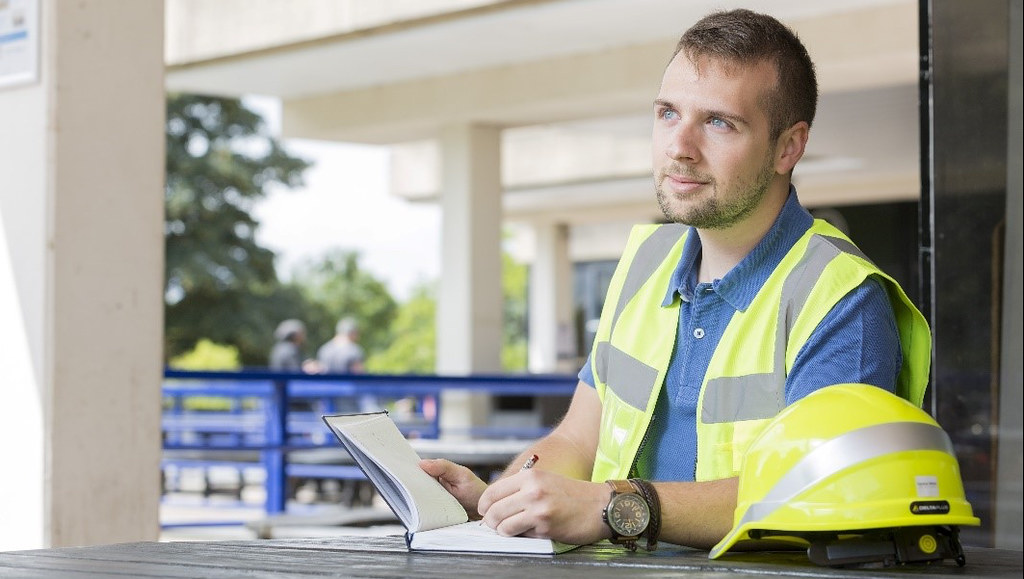I studied MSc Conservation of Historic Buildings in the Faculty of Engineering & Design from September 2016 to October 2017. I am from Greece and my first degree is in Civil Engineering. I wanted to invest in an MSc that could expand my scientific horizons but also help me integrate my previous knowledge into a new field. I found that this degree is a great choice for someone who wants to combine structural engineering knowledge with an understanding of architecture and philosophy of heritage structures.
Bath is a brilliant city to study this specific course in; it is a UNESCO World Heritage site that also manages to be modern and lively at the same time.
After graduating, I started working for Mann Williams, Civil and Structural Engineers, in the heart of the city of Bath. I love having the opportunity to carry out the structural design for modern buildings, as well as being able to inspect and design structural repairs for historic buildings. Through my work, I often come across buildings of unique historic significance and I feel proud I am able to ensure they remain intact for future generations to use and enjoy.
Inspired by a multicultural study experience
At Bath, I experienced working in multicultural teams on conservation of historic buildings projects.
It was a brilliant opportunity to see how different professionals approach conservation in their countries, compare that to my previous knowledge and professional experience, and try to integrate it with the approach adopted in the UK.
Apart from the professional aspect, studying at Bath was a fantastic experience and a wider cultural exchange with people from around the world.
Overcoming challenges during studies
The advanced professional communication skills were the first challenge I faced as soon as I started working in the UK. Despite my fluency in English, the technical terminology was something I was lacking. Yet, with consistent studying and help and guidance from senior engineers I caught up quickly.
Advice to future MSc students
Make the most out of your time in Bath and in the University. Time passes very quickly when you’re studying for an MSc degree, so make sure you enhance your understanding of technical aspects of your future profession and network with fellow students and lecturers.
Also, don't forget that the social part of university life is important too, so try to make friends from other countries and learn as much as you can about their cultures.
